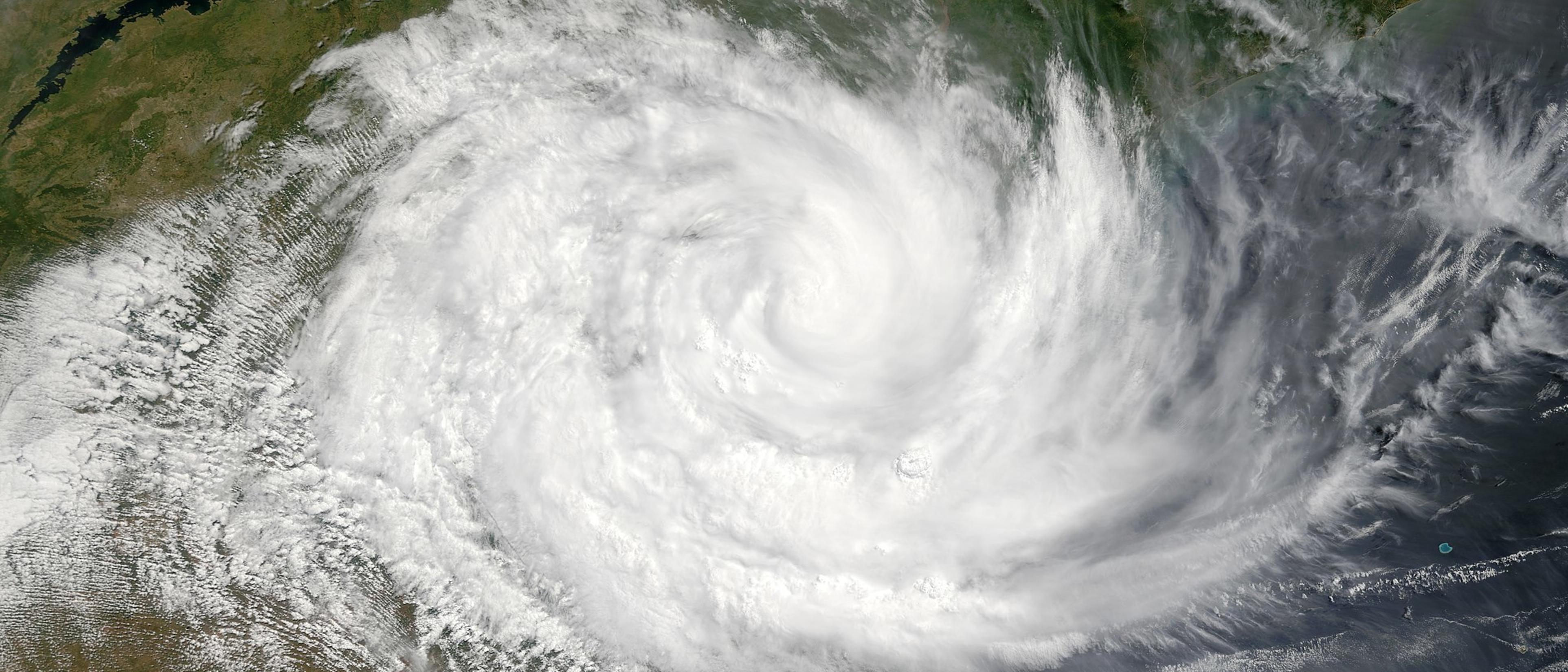
Cyclone Idai made landfall in Mozambique on March 15, its fierce winds and heavy rains driving inland through Malawi and Zimbabwe. At least 750 people have died as a result of the storm. More than 2.6 million have been affected across the three countries, with homes, businesses and crops inundated by flooding and landslides. Food, clean water, and shelter are the most urgent needs—but many rural areas have been cut off from help.
The IRC is focusing our emergency response on Zimbabwe, where we have worked for more than a decade and have close relationships with many rural communities who have now seen their lives and livelihoods disrupted by flooding.
Damaged roads and bridges did not stop @theIRC teams from delivering #CycloneIdai relief supplies to #Chimanimani this week! pic.twitter.com/9Mt0wVM8Z0
— Paolo Cernuschi (@PaoloCernuschi) March 27, 2019
In the immediate aftermath of the storm, IRC teams navigated damaged roads to provide emergency supplies to people in Chimanimani district, where the cyclone hit hardest, and distributed food in Chiredzi and Chipinge districts.
"All our focus right now is to get immediate lifesaving humanitarian support into the districts affected." IRC Zimbabwe’s @PaoloCernuschi on our latest #CycloneIdai response efforts and what must be done: https://t.co/agjAuKoMJ9pic.twitter.com/wrAHPX6j9h
— IRC Intl Rescue Comm (@theIRC) March 22, 2019
This is Ngangu in Chimanimani district in #Zimbabwe, as @theIRC team found it today in the aftermath of #CycloneIdai.
— Paolo Cernuschi (@PaoloCernuschi) March 22, 2019
Nothing more to add. #CycloneIdaiZWpic.twitter.com/Em9Rw5Bobm
#UNFPA#Zimbabwe working together with @theIRC & @MSF_Zimbabwe distributed mama kits at Skyline, Chimanimani District yesterday for those displaced and expecting mothers. #CycloneIdaiZW#SRHR#ICPD25pic.twitter.com/54JGdrmpg7
— UNFPA ZIMBABWE (@UNFPA_Zimbabwe) March 22, 2019
We have also deployed medical staff and supplies to Chimanimani, where this week we will focus on delivering water purification supplies. The risk of waterborne disease is extremely high, so we are also deploying a water and sanitation expert to help communities head off outbreaks of cholera and diarrhea.
To date, we have managed to provide food and emergency supplies—such as blankets, diapers and soap—to nearly 5,000 people affected by flooding. We plan to more than double that number in the coming week as we continue to scale up our response.
"The impact of this disaster cannot be underestimated and will require our attention for many months to come." IRC's Zimbabwe country director @PaoloCernuschi on the destruction caused by #CycloneIdai: https://t.co/fvK9gWQkAw
— IRC Intl Rescue Comm (@theIRC) March 25, 2019
While lifesaving support is the most pressing need, the impact of Cyclone Idai will continue to be felt for months.
This storm has only compounded the suffering in Zimbabwe, where 5.8 million people were already struggling to get enough to eat as a result of a historic drought and more than a decade of economic decline. The IRC’s work in Zimbabwe is more critical than ever as the country struggles to rebuild.
Follow the IRC team in Zimbabwe's cyclone response on Twitter.